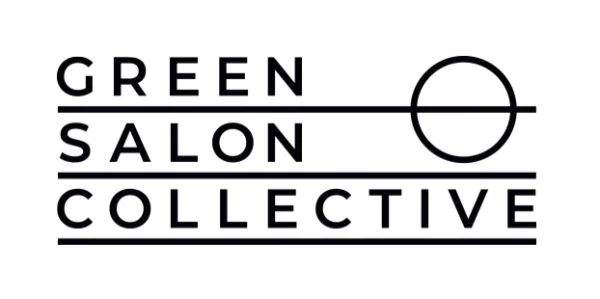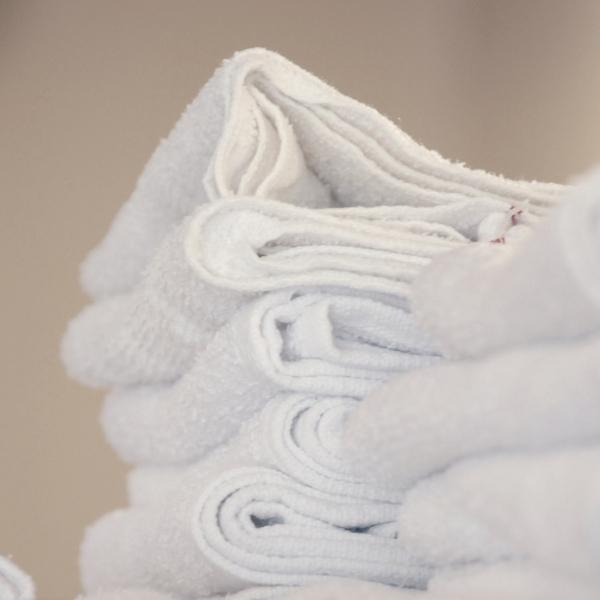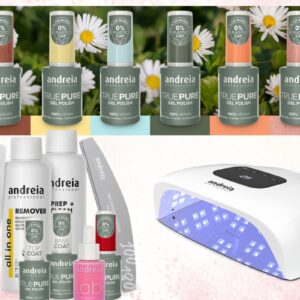
How to use salon towels more sustainably
By Green Salon Collective | 25 July 2022 | Expert Advice, Feature, Sustainability & the environment

Green Salon Collective (GSC) was founded in 2020 by environmental experts, campaigners and beauty professionals, with an aim to help member salons in the UK and Ireland to responsibly dispose of their waste. In this blog, Stephanie Hodgson, head of research and development at GSC, reveals the Collective’s top tips for using towels in a sustainable way.

Instagram.com/greensaloncollective

1. If you prefer disposable towels, use ones that are 100% cellulose-based.
There are many disposable towels on the market and many of them are made of mixed materials, often including plastics. Plastic textiles are problematic because when laundered, they shed microplastics which are released into our waterways, entering our oceans and ultimately our food chain. 100% cellulose (i.e paper or wood) is totally natural, biodegradable and compostable, and can be found at brands like Easydry.
2. If using disposable towels, minimise towel use and stick to one towel per client.
Our research has shown that disposable cellulose-based salon towels are better than reusable cotton towels, in terms of global warming potential, water depletion and other ecosystem outcomes. However, this is when only one towel is used per client visit. Once two or more are used, the scales are tipped in favour of reusable towels – except in the instance of water depletion. There are circumstances where using two is unavoidable, but this should be the exception and not the rule. If a treatment requires two or more towels, consider using a cotton towel instead.
3. Question whether you need a ‘premium’ towel.
Similar to above, the benefits of using disposable towels over reusable ones decrease sharply when thicker and/or larger towels are selected. A premium disposable towel can be equal to two or more towels in terms of resources used and emissions. We recommend using premium towels only when necessary and using standard-sized disposable towels for most client visits.

4. If your towels are certified compostable, compost them. If they aren’t, write to the company asking why they aren’t.
Resources on our planet are not infinite. When a disposable cellulose-based towel is produced, a tree is cut down. It is therefore very important that we do not simply throw it away when it has value in compost piles. Green Salon Collective cannot compost disposable towels with our industry composting partner unless they are certified compostable. If the brand you use makes claims that they are ‘biodegradable’ or ‘compostable’, ask them for proof.
5. Avoid tumble drying reusable towels.
If you use reusable salon towels, for example those made from cotton, consider the impact of washing and drying your towels. We’ve found the biggest environmental impact from cotton towels is not from producing them, but from laundering them. Tumble drying generates around four times more emissions than washing, so we recommend air drying your towels when possible.
6. If buying cotton towels, buy certified organic ones.
Manufacturing organic cotton is much more environmentally friendly than manufacturing traditional cotton, as it uses less energy and generates less emissions. Beyond that, producing organic cotton uses significantly less water than traditional cotton and so considering our world’s water crisis, we recommend using cotton towels that are certified organic, such as with the Global Organic Textile Standard (GOTS).
7. Use microplastic-catching bags or filters when washing synthetic towels.
There is currently pressure on the UK government to mandate washing machine microplastics filters. One of the reasons for this is research showing how plastics are entering our food chain through microplastics in the ocean. Did you know that people ingest approximately a credit card of plastic a week? We recommend using a microplastic-catching bag, like the Guppy Friend, for washing microfibre or other synthetic towels, or installing a filter for your washing machine, like from PlanetCare.
Visit Green Salon Collective’s website, Facebook and Instagram accounts and learn about the solutions it offers for your beauty business.

Read the latest issue








